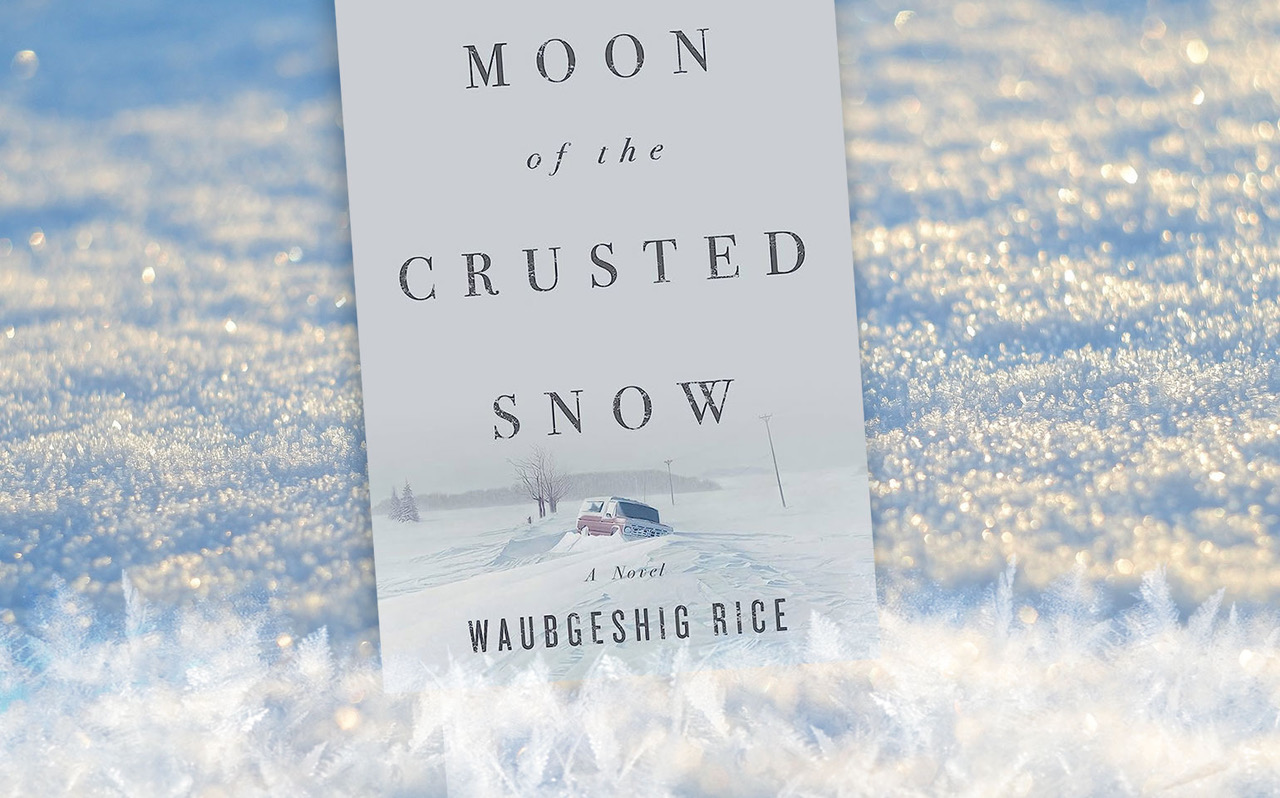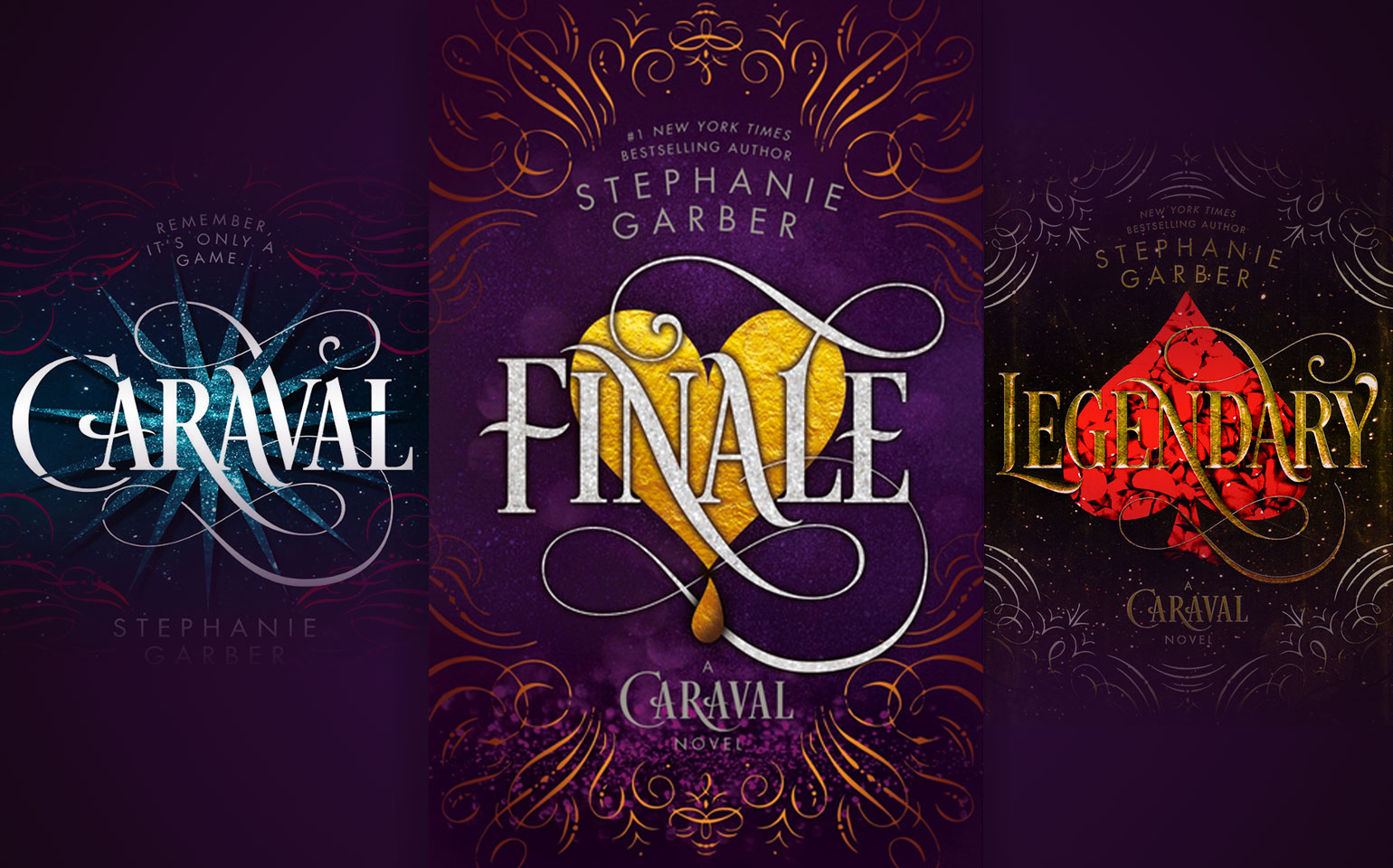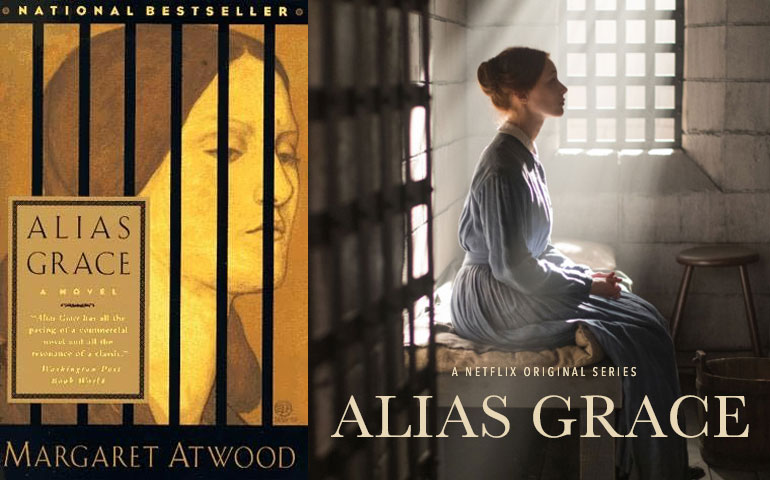
Moon of the Crusted Snow: A Book Review
“‘Onaabenii Giizis,’ he proudly proclaimed out loud. ‘The moon of the crusted snow.’ His words fell flat on the white ground in front of him and he wondered which month that actually was.” (Rice 179)
Moon of the Crusted Snow is a dystopian fiction novel by Indigenous author Waubgeshig Rice. Reading this book has been incredibly illuminating and through this book review, I aim to share with you my likes and dislikes, thoughts, and overall opinions on this novel.
This book follows a young Indigenous hunter named Evan Whitesky and his Anishinaabe community who live on a reserve in northern Ontario. One day, as they prepare for the upcoming harsh winter, the power goes out and never comes back on. Suddenly cut off from the rest of the world, the Anishinaabe community faces many challenges that test their ability to survive. From keeping everyone warm and fed to receiving foreign visitors they can’t completely trust, the characters are forced to make some tough decisions that ultimately decide their survival.
A great feature of this book is the author’s use of stylistics that drew me in and kept me engaged. The book is well written in the sense that it’s easy to read but isn’t completely straightforward. A great example of imagery used in the book is the beautiful description of the late evening:
The angle of the sun was getting lower as the days crept closer to the winter solstice. Sunlight bounced off the pure sheen of the snow that now lay in deep piles. The wind had dropped and the air was brisk and peaceful. It nipped in nostrils and carried the smoke of furnaces and fireplaces from one end of the rez to the other. It was an idyllic winter day. (Rice 43)
Many of the chapters often begin with vivid imagery like this. It really helped me visualize the setting, characters, and even the expressions on the characters’ faces. I have always loved reading novels that are rich in descriptive imagery because it forces me to create my own.
Furthermore, there are symbols in the book that help the reader connect to historical events, for example, Justin Scott is a foreign Caucasian who joins the Anishinaabe community in the middle of the outage. Scott is a symbol for toxic masculinity that is present in settler colonialism, and he is an allegory for settling on land and overtaking another group. Scott thinks of himself as a survivalist, claims he is stronger than these reserve people, and tries to assume leadership of the community. The reader also learns that Scott shot and killed strangers who showed up on the reserve, and he encouraged drinking. Close to the end of the book, there is a serious accusation of him being a cannibal, which I found to be the most chilling part of the book. The description of Scott’s actions reminded me of what I learned in middle school. When the European colonizers came to North America, they attempted to take leadership of and control over the Indigenous peoples living in Canada. Since they weren’t able to get control easily, they eventually turned to killing the Indigenous peoples as the answer. Scott’s mindset and horrifying actions embody their intentions.
The author’s use of Indigenous words and phrases throughout the book add to its authenticity and cultural accuracy. Evan and his wife sometimes talk to their kids in Anishinaabe and they both emphasize passing on Anishinaabe culture to their kids. After having learned about reserves and residential schools, I feel that the passing down of Indigenous traditions and culture is very important for Indigenous groups.
One issue I had with the book is that some of the secondary characters felt underdeveloped and weren’t given enough page-time to properly help the reader understand their motives, feelings, thoughts, and experiences.
This was unfortunate because each character’s portrayal and design was obviously done with a lot of authenticity and thought, and they all seemed very real. One example of this is Cam, Evan’s “disappointment” of a brother. He seemed like a character that could’ve had a nice backstory. Another example is Terry, the chief who starts to fall apart when the situation gets really hard. I feel these characters could have been given a separate perspective chapter in the story.
Another aspect of the book I didn’t love was the cliff-hanger moments. These events annoyed me. The book kept me guessing when it came to these parts, and it made me imagine what would happen. But I would prefer if those events were revealed instead. It would add to the suspenseful vibe of the story. For example, the most climatic moment when Justin Scott was accused of cannibalism and eating the dead elders happened near the end of the book, but I wish it was in the middle. Also, the author never actually confirms the cannibalism, but he mentions it, foreshadows it, and brings the reader closer to finding out. I wish I knew if it happened!
The ending of this book is the most controversial part. I think the ending could have provided more closure or resolutions for the characters. The characters’ realistic flaws and genuine connections made them unforgettable, so much so that you feel like you know them personally. The ending shows a small group, including Evan’s family, leaving the reserve after winter ends and going to start a community elsewhere. At first, I thought they were running away from future problems. But it was revealed that half the people on the reserve had died and so had the community’s spirit. It was actually really emotional and made sense, but I wish there were more details on their new life, such as where they lived and where they moved to, perhaps in an epilogue of sorts. But all that being said, I think the ending did contribute to the theme in the book.
The big message in this book is that staying true to your roots, morals, and cultural values is crucial, especially in the face of adversity. The book includes many instances where the community demonstrates their traditional Indigenous way of life. The entire community focuses on giving to others who need it, sharing, and taking care of one another. This message is reflected in a quote from the book about Evan’s actions:
“It was more than enough for his own family of four, but he planned to give a lot of the meat away. It was the community way. He …would save some for others who might run out before winter’s end and not be able to afford the expensive ground beef that was trucked or flown in” (Rice 78).
There are also traditional practices like preserving the dead bodies to be buried properly, giving sacrifices after hunting, etc. The fact that Evan’s community hated the idea of cannibalism even through a crisis so terrible also shows their humanity and the fact that they can stay grounded. They showcase how you do not have to sacrifice and betray your own values to succeed.
Moon of the Crusted Snow is a fantastic book, and I would rate this novel four and a half out of five stars. I think that the strong points of this book made it easy to forgive the shortcomings of the novel. Overall, this novel showcases the significance of having a strong community that can work together to overcome difficulties. With a focus on family, hope, love, and survival, anyone could relate in some way to the story. The novel uses an apocalyptic environment to show how Indigenous people can be resilient and to portray the difficulties they face. It’s very moving and inspirational, and I would love to watch this story as a live-action movie.



